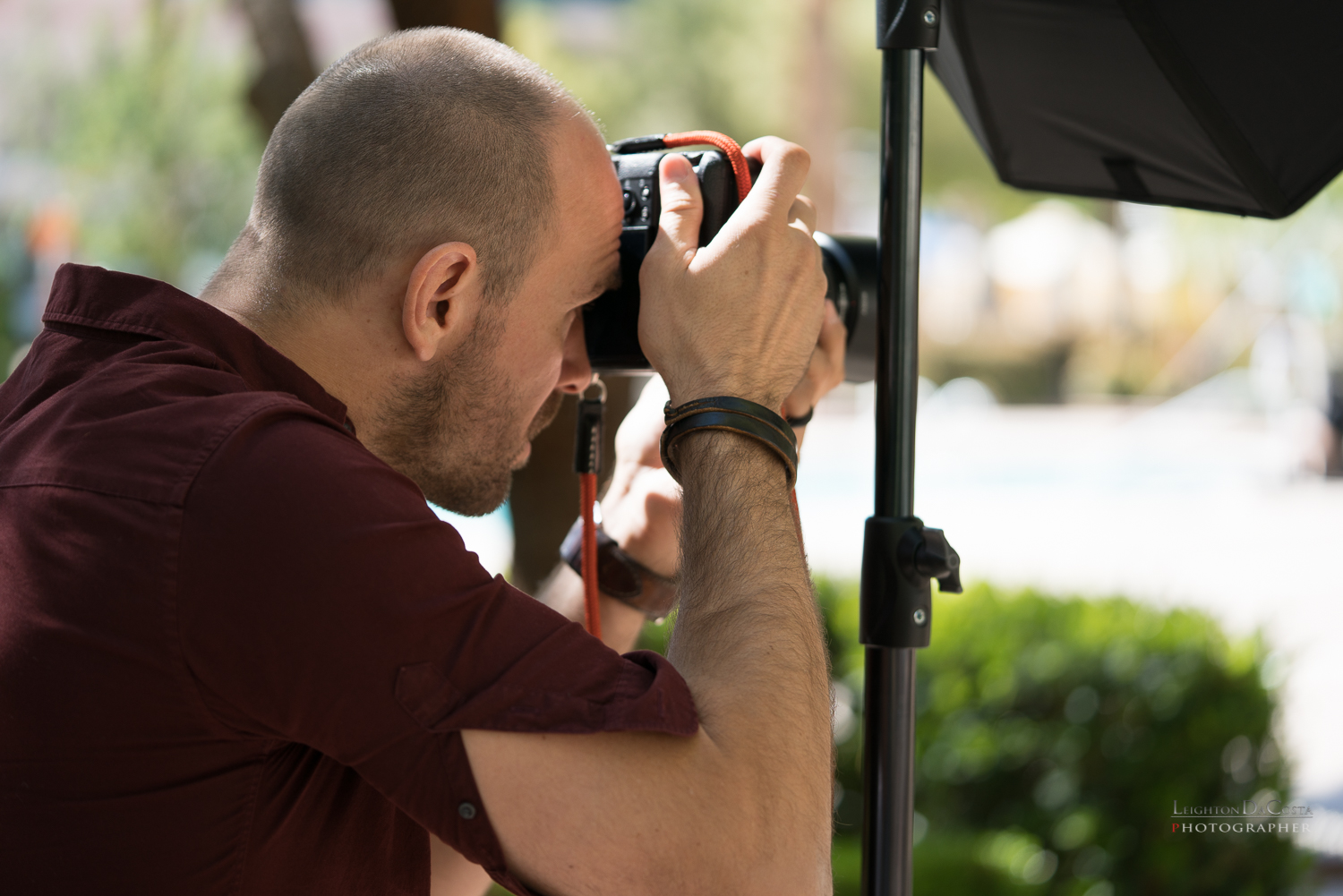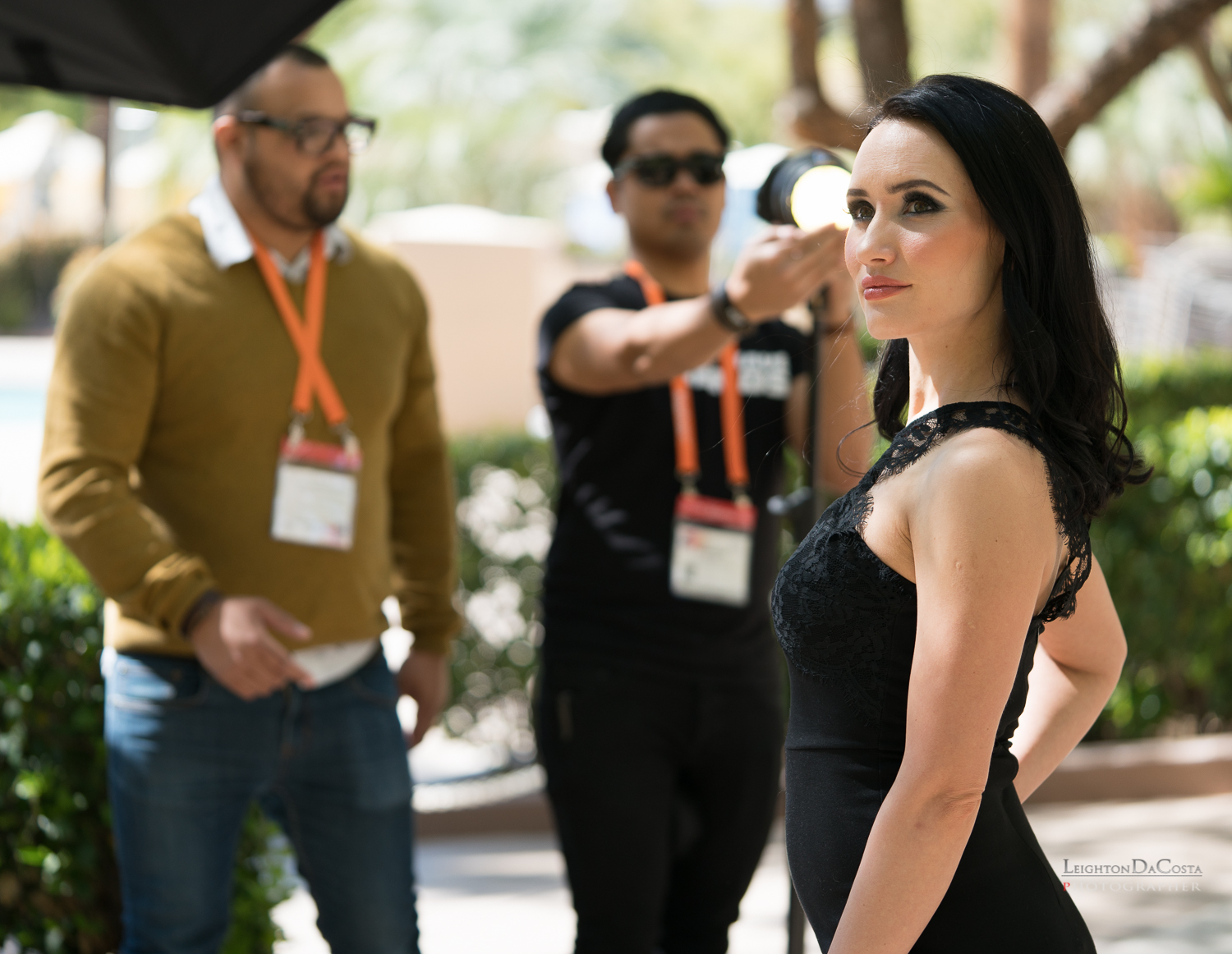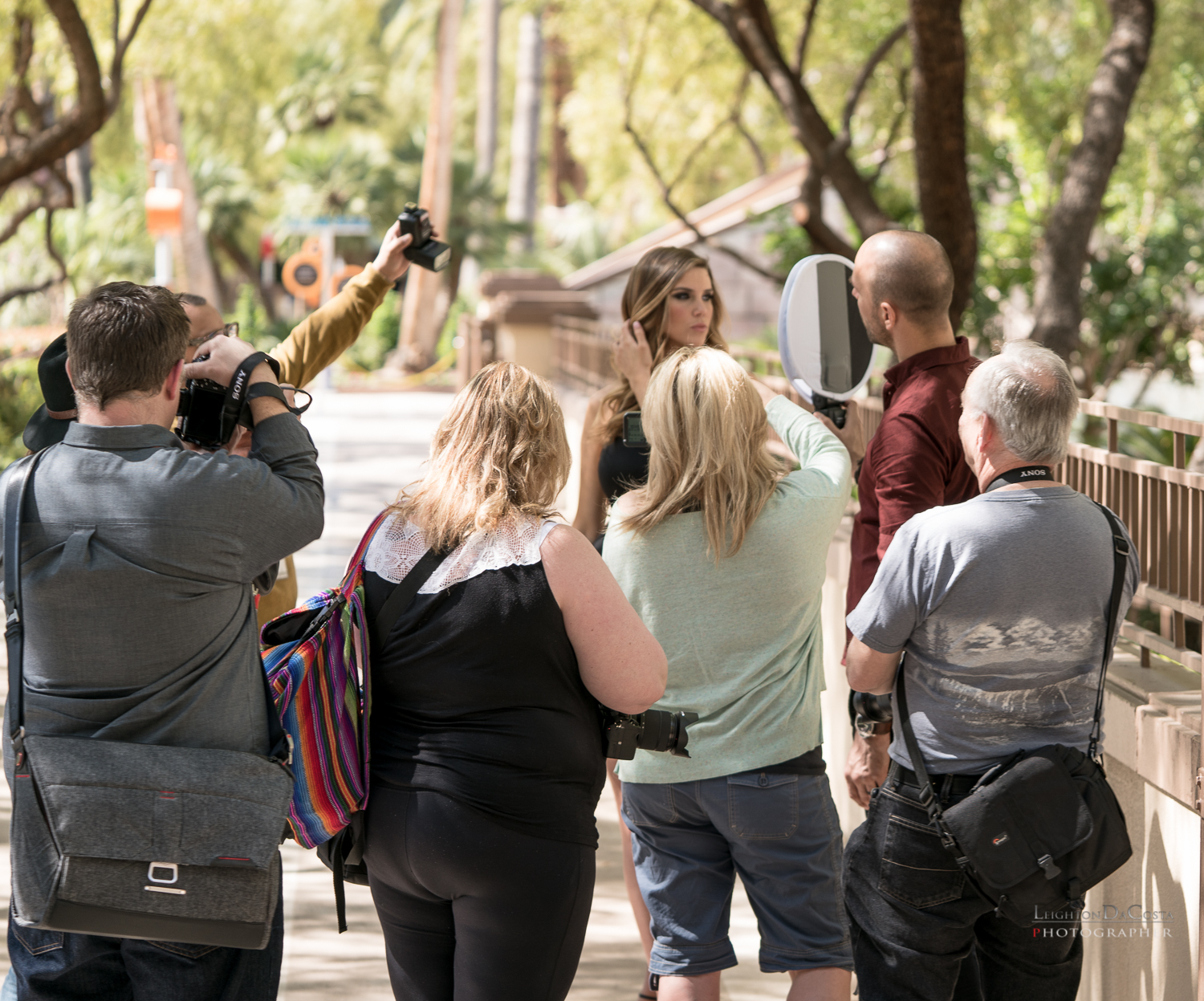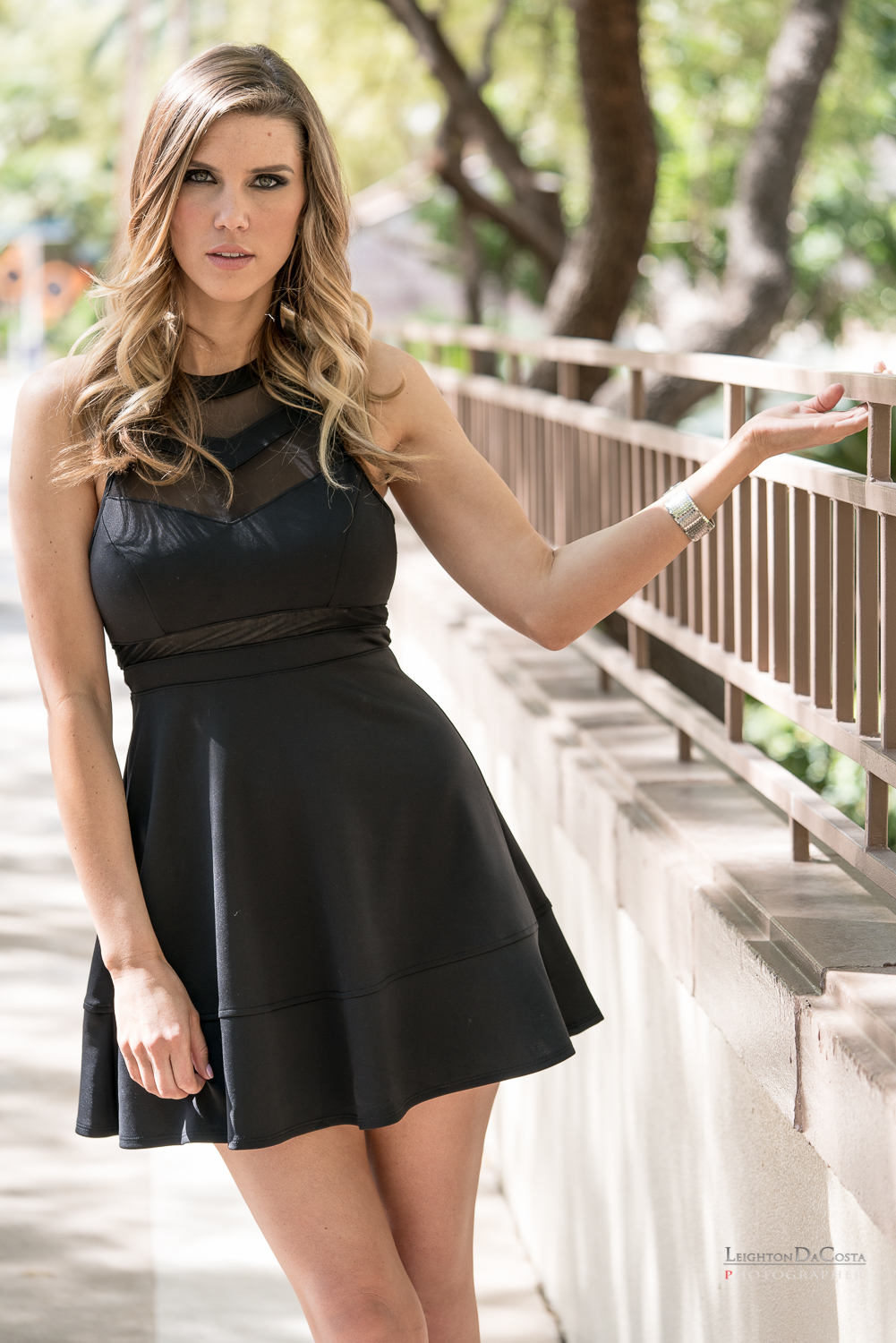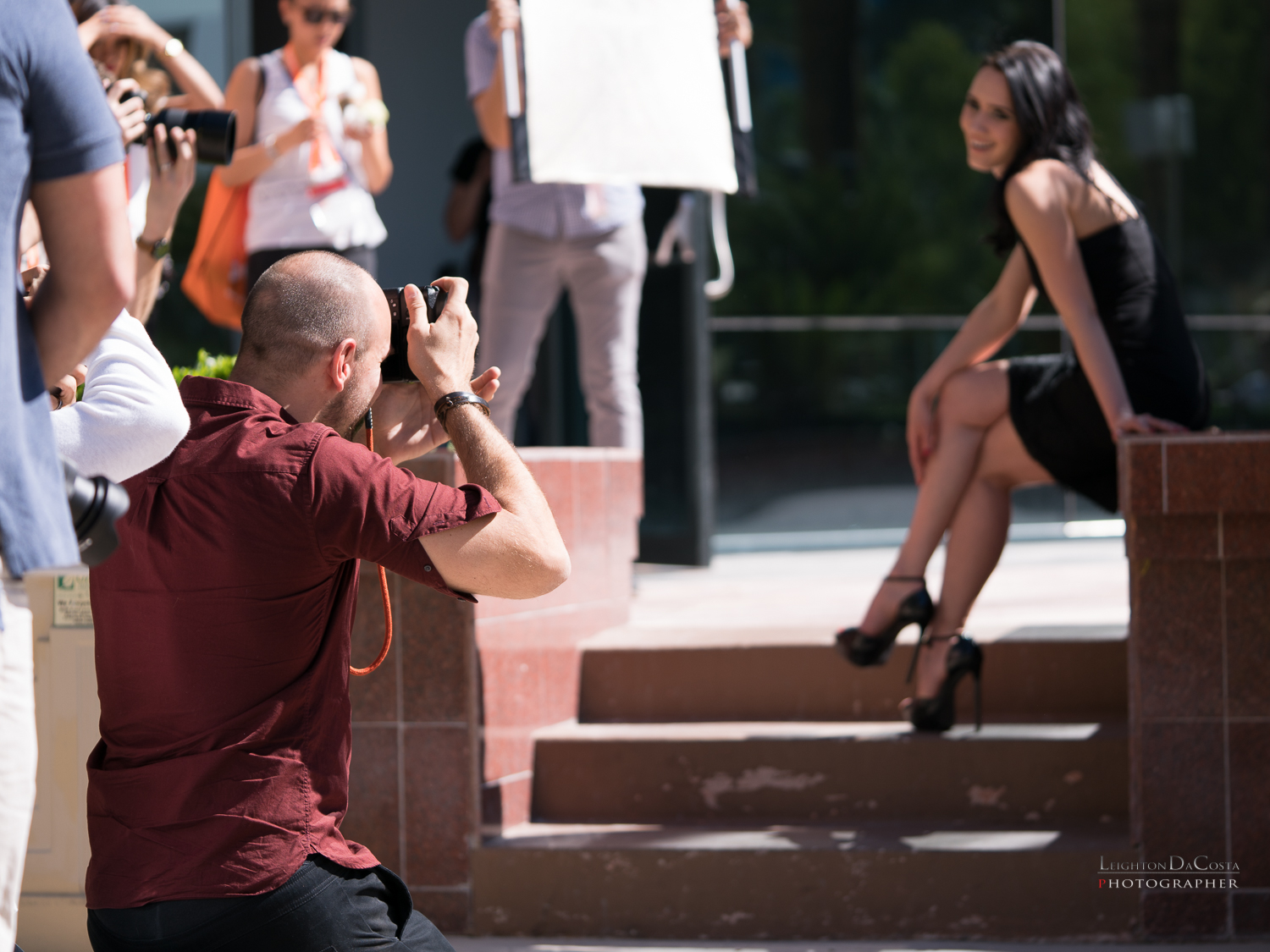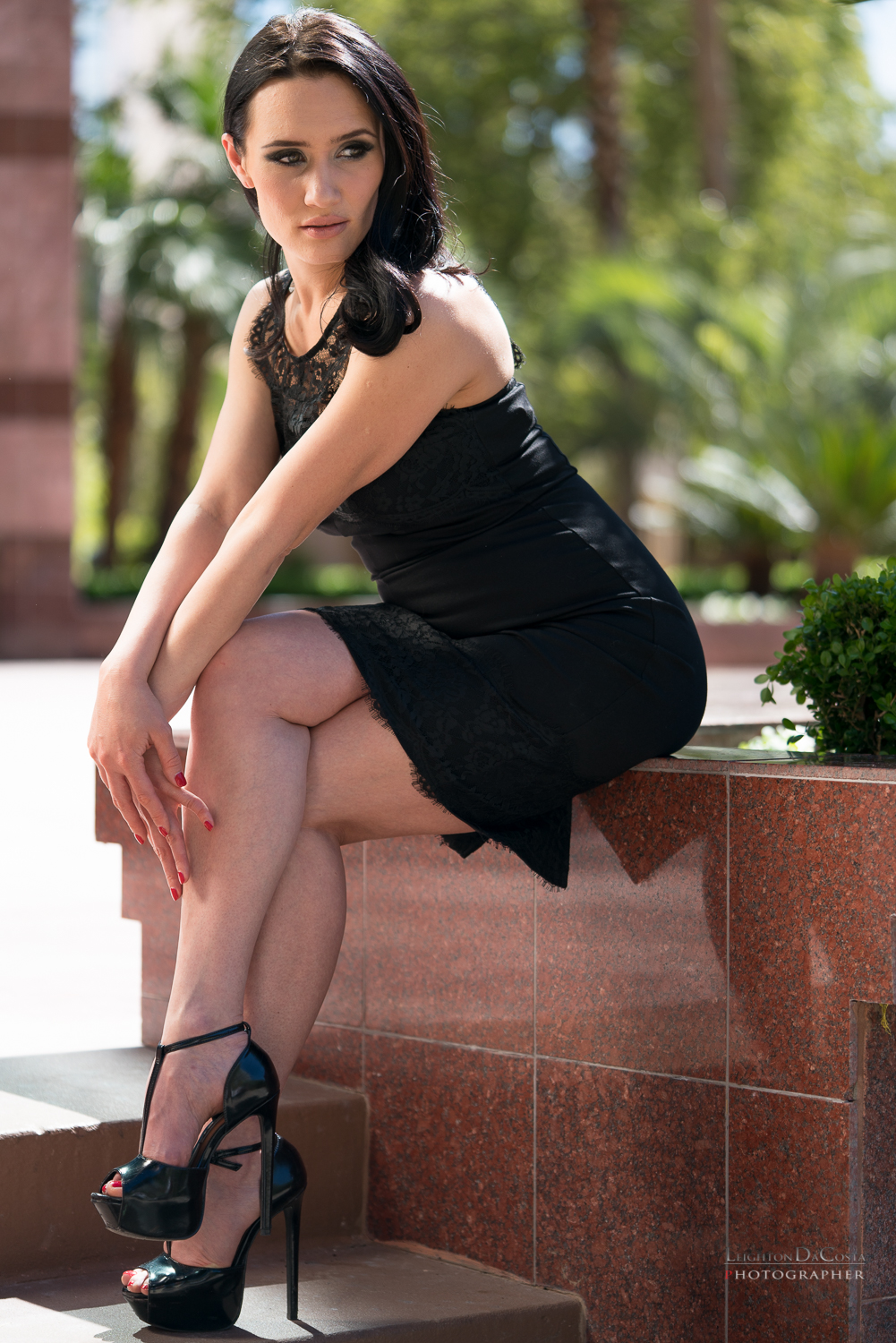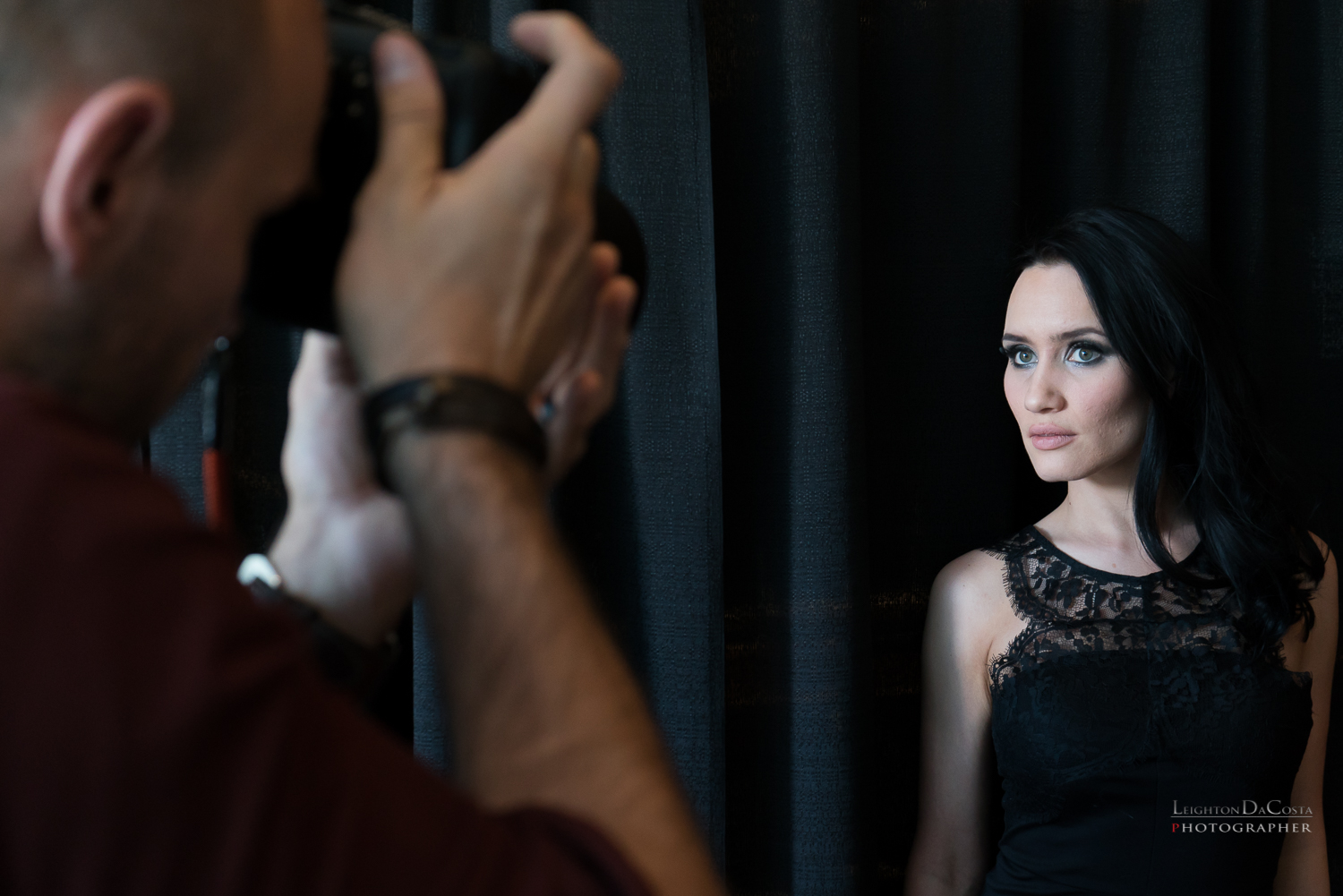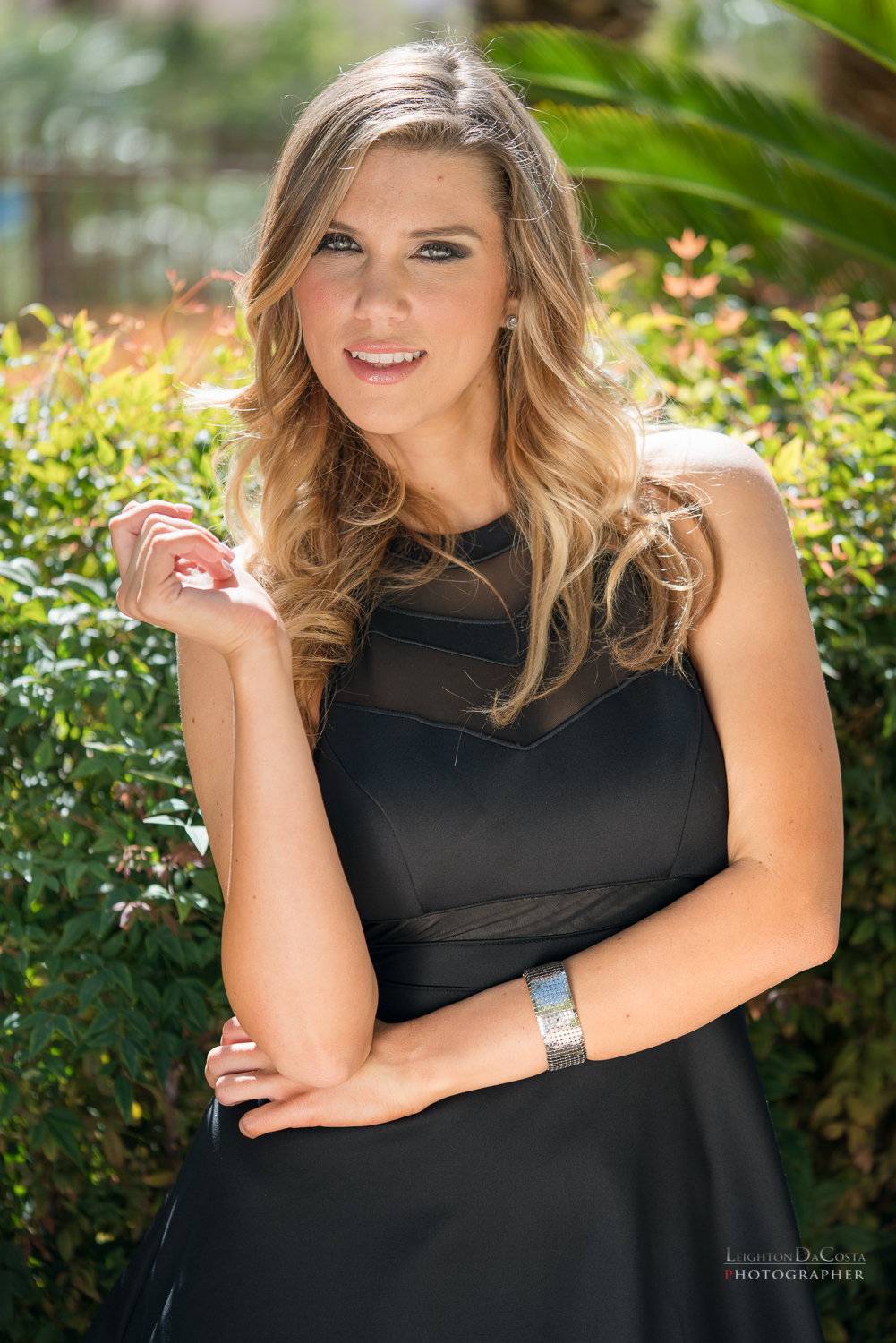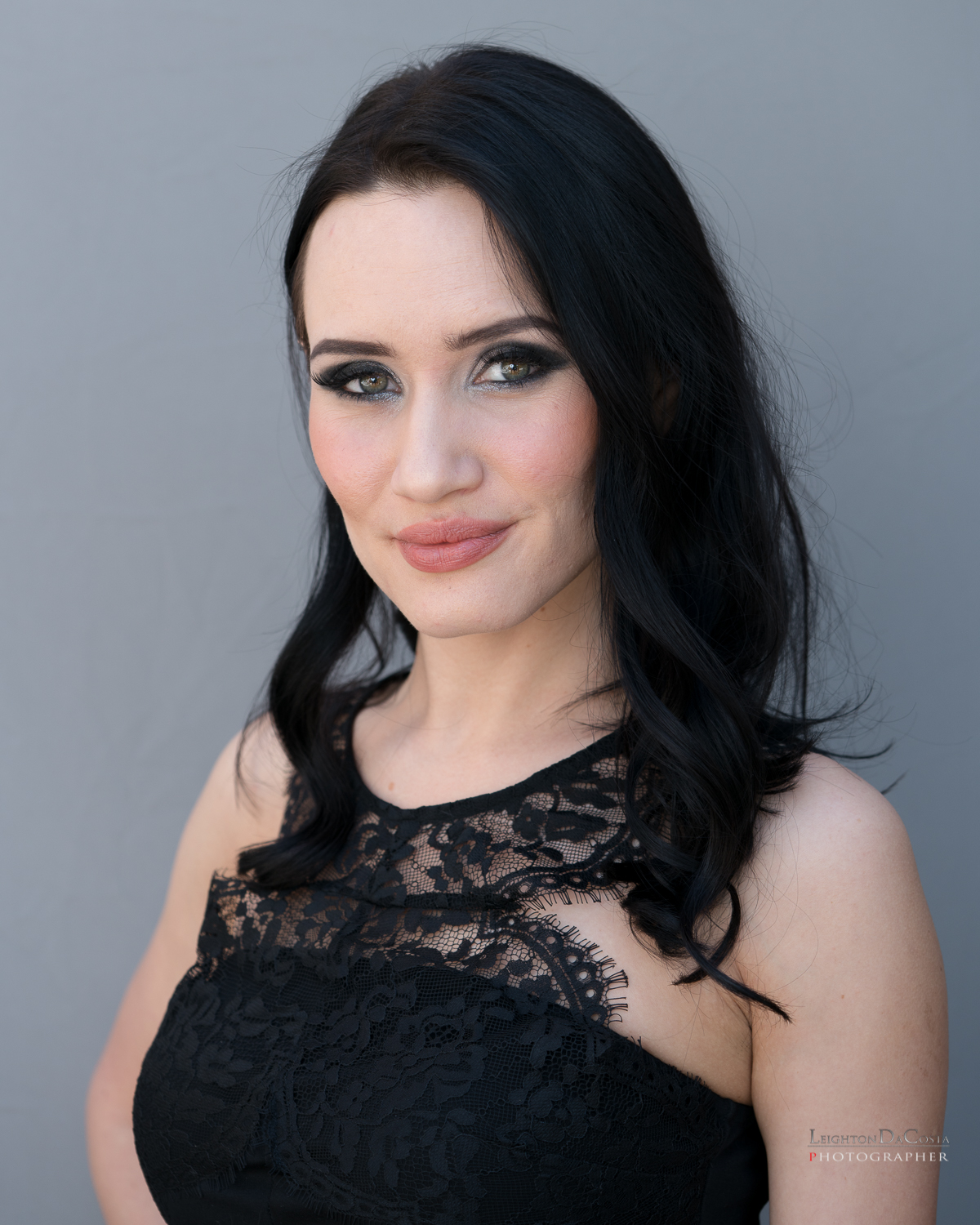“The best camera to have on vacation is the one that is with you! Don’t get so caught up in getting the picture that you miss the experience. ”
The little touches add to the experience. Remember vacation is about relaxation, not work!
I often get asked one of two questions:
- What kind of camera should I buy/bring while on vacation?
- How do I take great shots while I'm on vacation?
1. What camera should you buy/bring.
Well here's the truth. The best camera for vacation is the camera that you have with you. Honestly, that could be your iPhone, a point and shoot, or even a high end DSLR. The actual camera doesn't matter as much as the experience that you are enjoying while you are on your vacation.
For ME that breaks down into two categories. Quality and Functionality. When it comes to quality, MOST digital cameras on the market today will give you GREAT images. So really, I look for functional differences.
These are the things that I would look for.
- Easy for me to carry around (accessible)
- Can fit in a pocket or a small bag (size)
- Can get banged around and wet (durability)
- If lost/stolen, it's not the end of the world (affordability)
For point and shoot cameras, my two recommendations are the Nikon AW130 and the Fuji Finepix XP90 which are both under $500 and will give great images. They can even go underwater. For those that want a little more control, and willing to invest a little more, look at that Nikon AW1 Series. These are just my suggestions based on what is on the market at the time of this post.
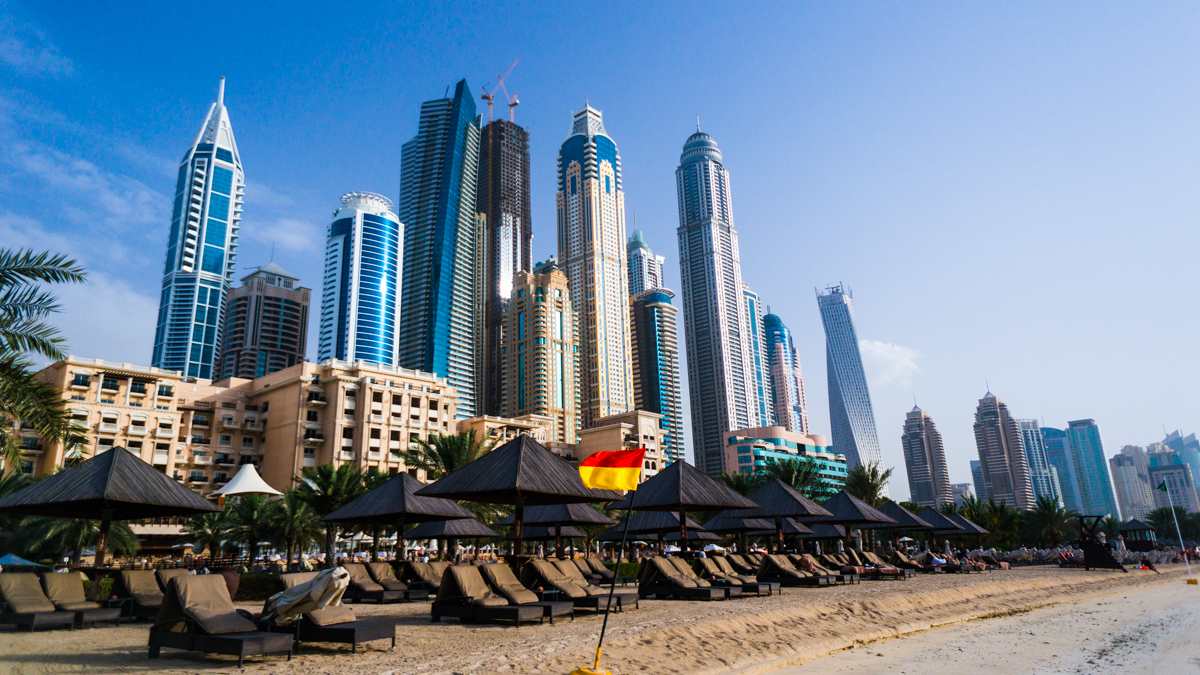
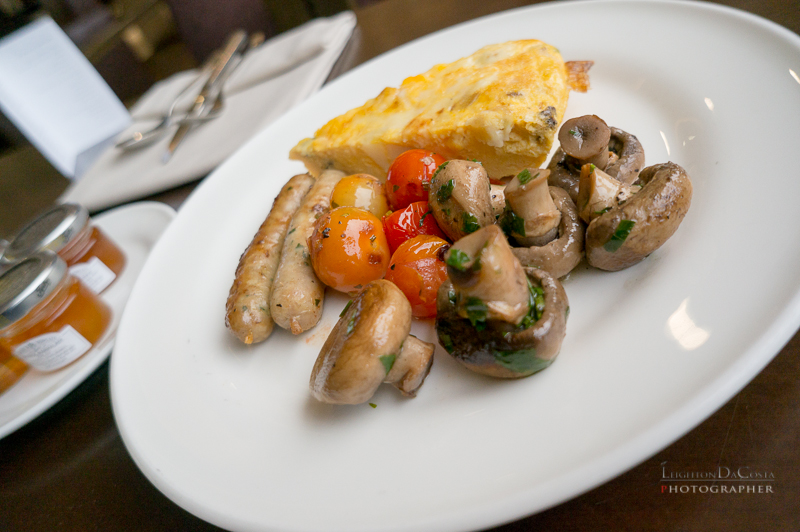
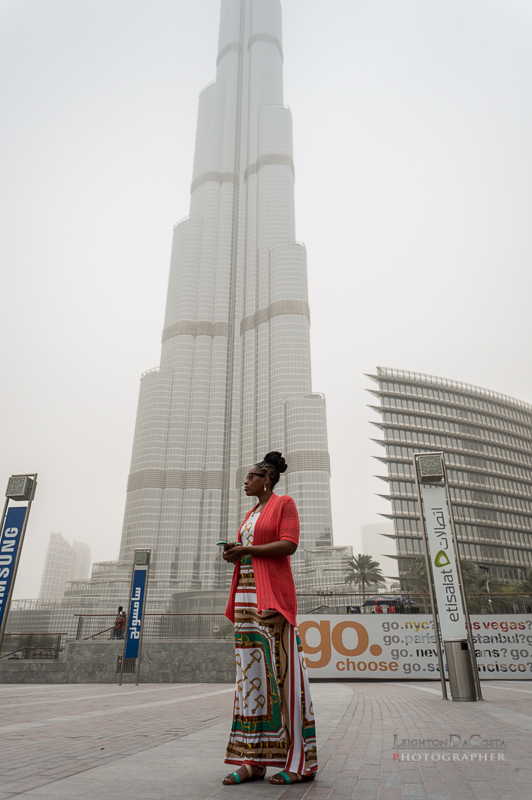
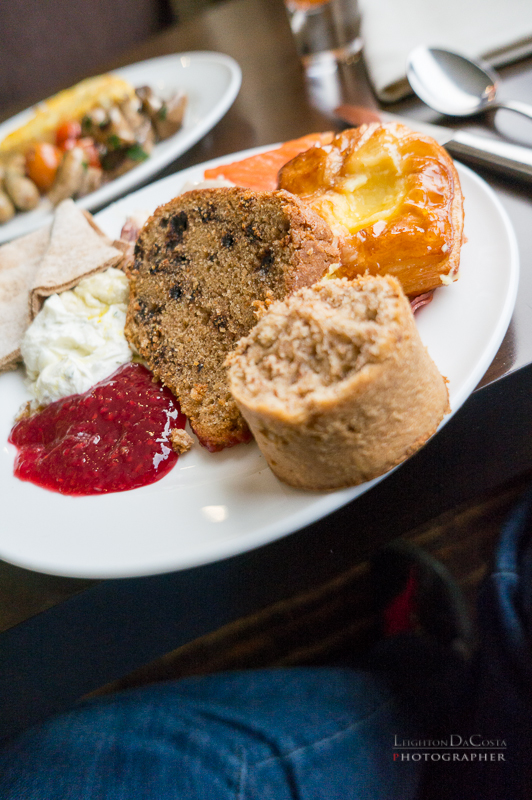
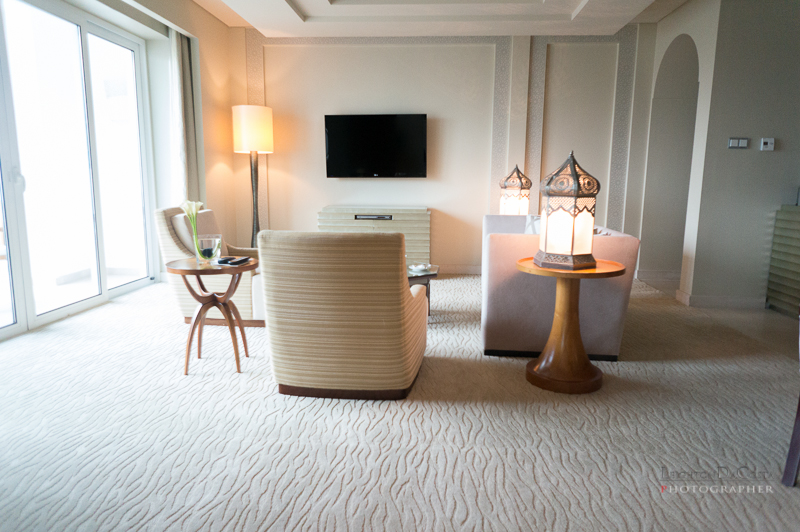
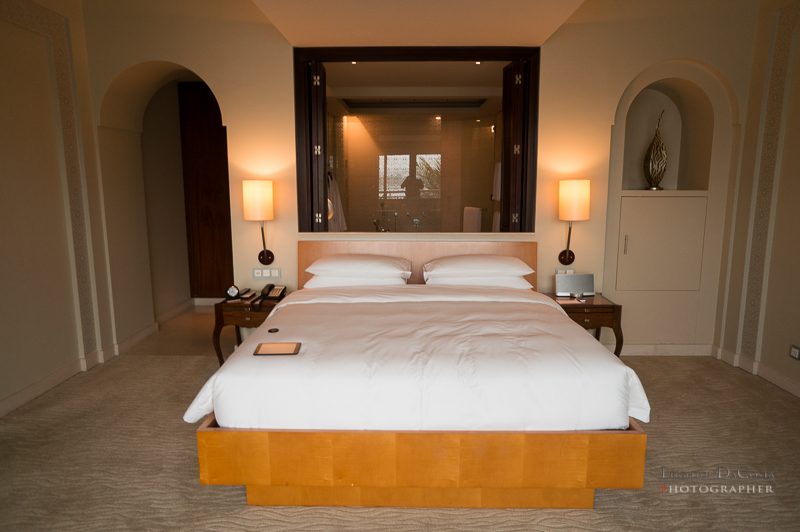
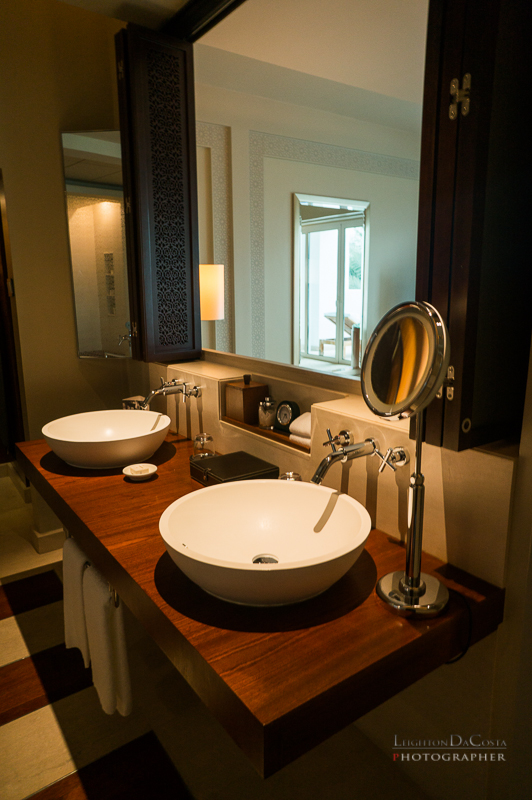
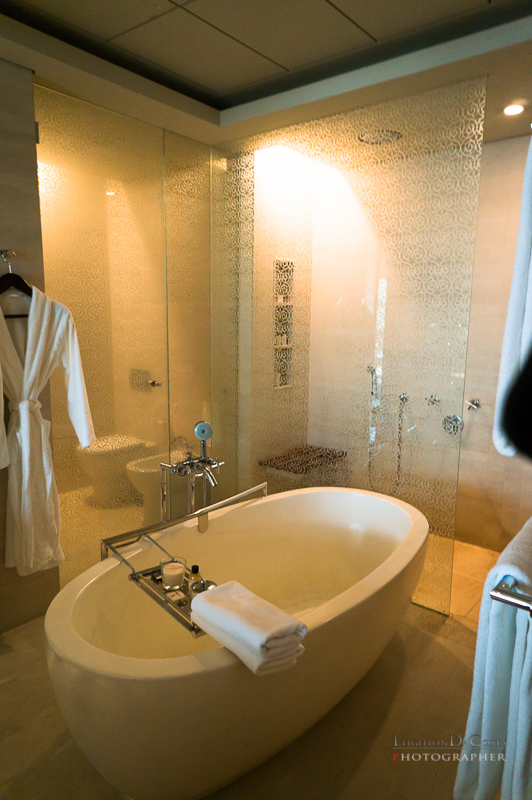
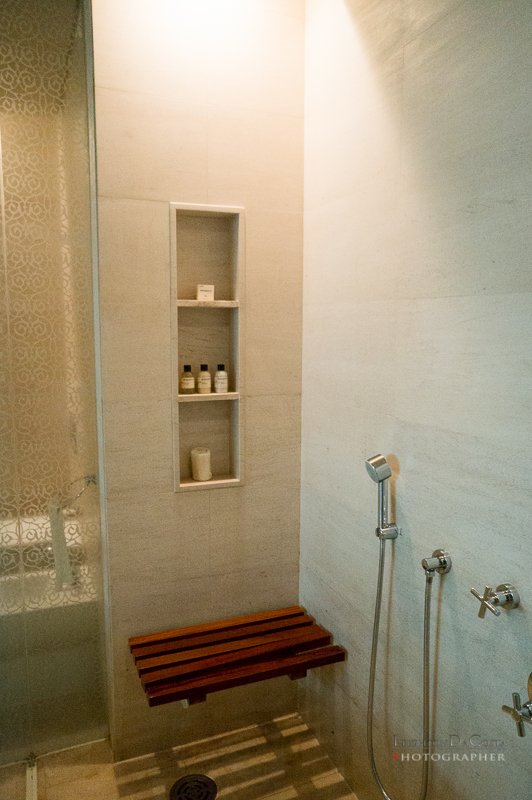
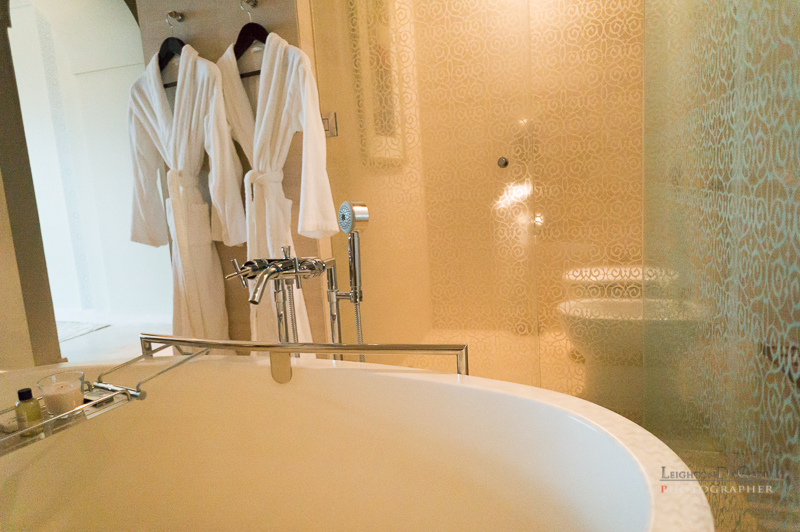
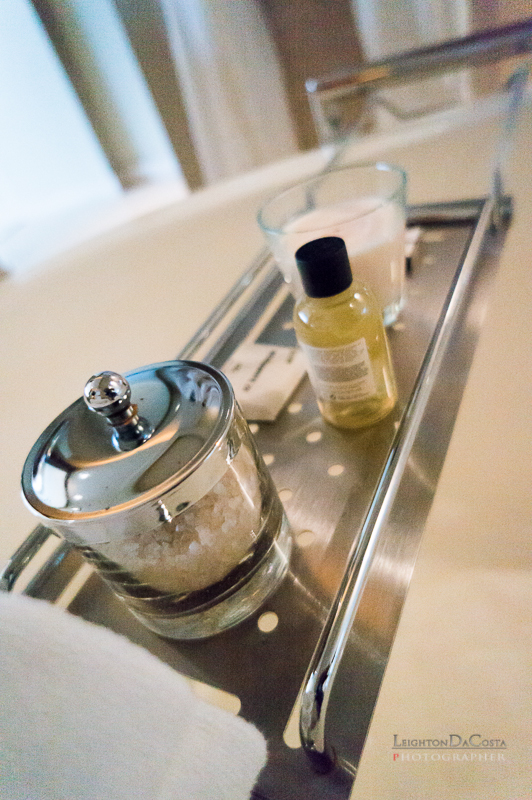
2. How to take better photos.
The above images (unedited) were taken in Dubai with a SONY NEX-6, now replaced with the PHENOMENAL SONY a6300. These photos are pretty much the same photos I took, straight out of camera. Most are done with a 16mm f/2.8 or the 50mm f/1.8 E-Mount Lens. When it comes to to travel photos on vacation, here are some tips.
- EXPERIENCE FIRST, PHOTOS SECOND. Remember it's best to have an experience to remember and then a photo to bring you back to THAT memory.
- Pay attention to your lighting. Some times of day are far better than others. Morning skies in most places of the world, have more clouds than evening sky. The clouds can provide a dynamic contrast to your subject(s). When photographing food, I prefer for my lighting to be coming slightly from behind so that I can see shadows to the front and give the food a more appealing texture.
- Go to extremes. I prefer very wide, or very tight. so usually I am photographing with a wide lens like a 16mm or something that has a tighter perspective or can give a macro effect.
#BONUS when possible, with outdoor shots, consider using a Circular Polarizer Filter on your lenses to reduce glare and reflections.
One last thing. Remember HAVE FUN! You're on vacation...not work!
LD


